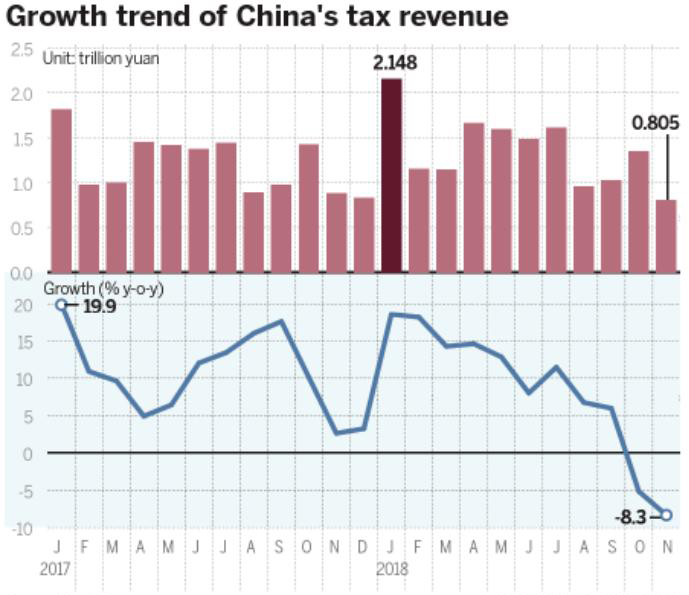Are SBA Loan Payments Tax Deductible? Discover the Tax Benefits You Might Be Missing!
When it comes to financing your small business, SBA loans are often considered a go-to option due to their favorable terms and lower interest rates. However……
When it comes to financing your small business, SBA loans are often considered a go-to option due to their favorable terms and lower interest rates. However, many business owners are left wondering: Are SBA loan payments tax deductible? Understanding the tax implications of your loan payments can significantly impact your business's bottom line. In this article, we will explore the nuances of SBA loans and clarify whether or not the payments you make are tax deductible.
First, let’s break down what an SBA loan is. The Small Business Administration (SBA) offers various loan programs designed to support small businesses in obtaining financing that they might not otherwise qualify for through traditional banks. These loans can be used for a variety of purposes, including purchasing equipment, real estate, or even working capital.
Now, onto the crux of the matter: Are SBA loan payments tax deductible? The answer is somewhat nuanced. While the interest portion of your loan payments is generally tax deductible, the principal portion is not. This means that when you make a payment on your SBA loan, you can deduct the interest paid on your tax return, which can provide significant tax savings.

To illustrate, let’s say you have an SBA loan with a total payment of $1,000 per month, of which $800 is principal and $200 is interest. In this case, you would only be able to deduct the $200 interest payment on your taxes. This distinction is crucial for small business owners as it allows for better financial planning and tax strategy.
Another important consideration is the purpose of the loan. If the funds from your SBA loan are used for business-related expenses, then the interest payments are typically deductible. However, if the loan is used for personal expenses, then you would not be able to deduct the interest. It’s essential to maintain clear records of how the loan proceeds are spent to ensure compliance with IRS regulations.

Moreover, it’s worth noting that tax laws can change, and deductions may vary based on specific circumstances. Therefore, consulting with a tax professional is highly advisable to ensure you are maximizing your deductions and staying compliant with the latest tax regulations.
In addition to understanding the deductibility of your loan payments, consider the broader tax implications of your business finances. For instance, if your business is structured as an LLC, S-Corp, or C-Corp, the way you report your income and expenses may differ, affecting your overall tax liability.

In conclusion, while the question of Are SBA loan payments tax deductible? can be answered with a qualified yes regarding interest payments, the overall tax strategy for your business should be comprehensive. By understanding the deductibility of your SBA loan interest and working with a tax professional, you can optimize your tax situation and ensure your business remains financially healthy. Don’t leave money on the table—take advantage of the tax benefits available to you as a small business owner!